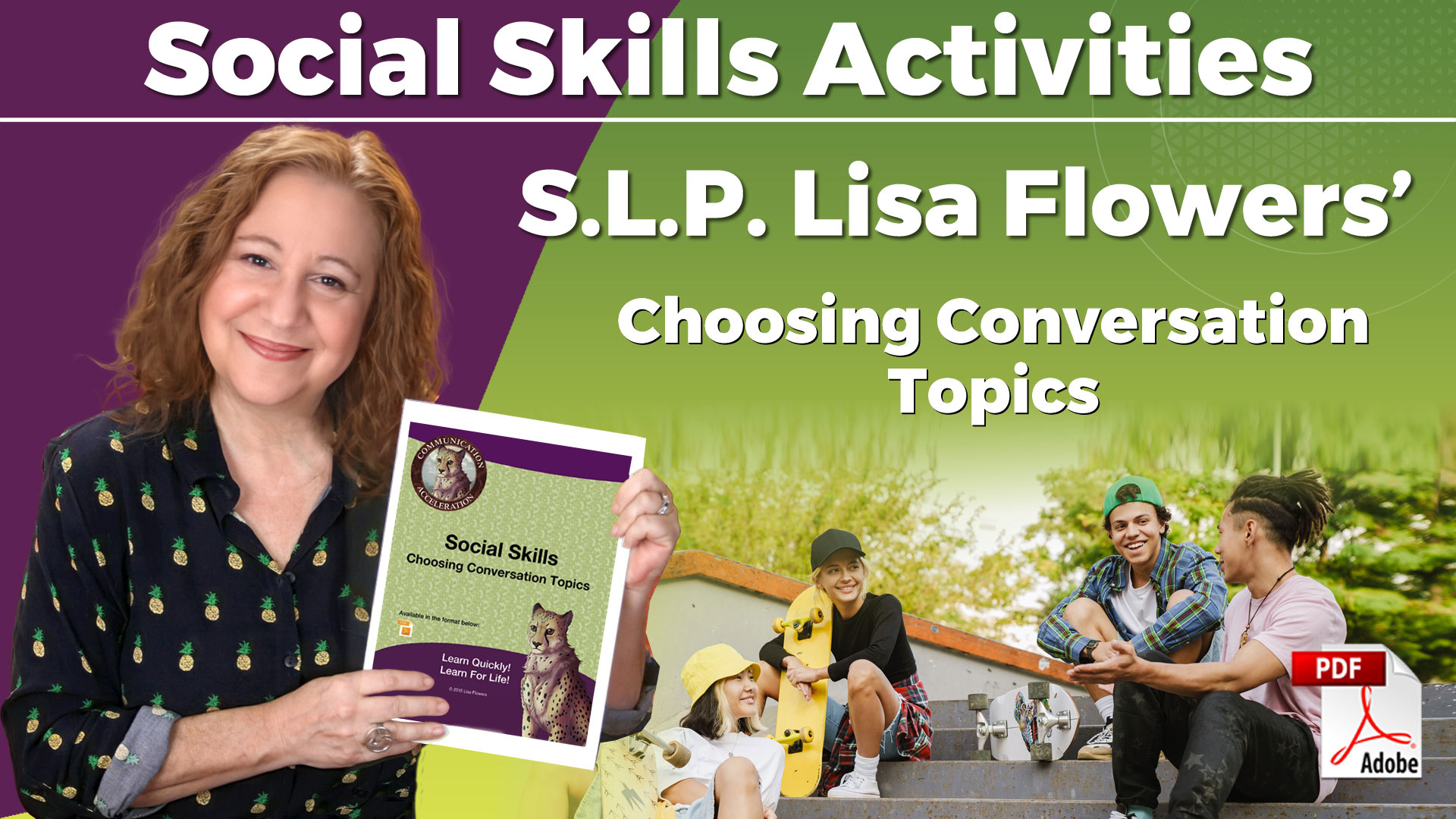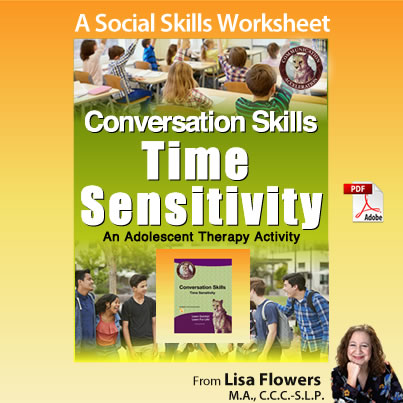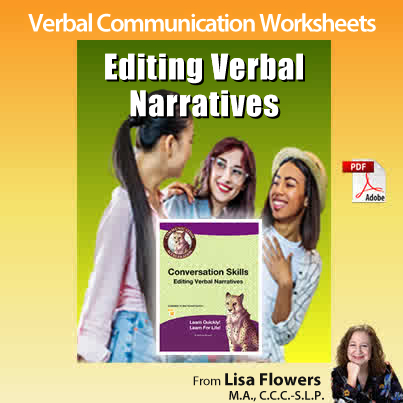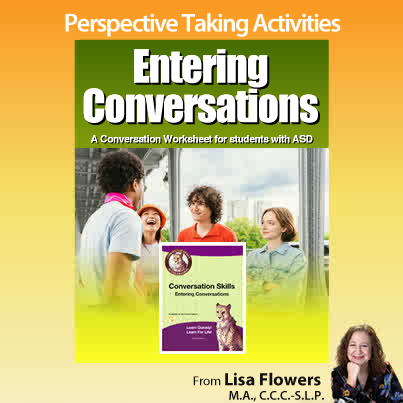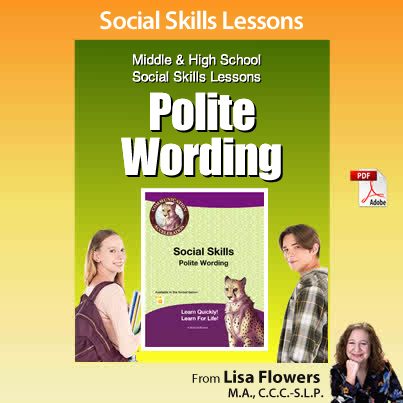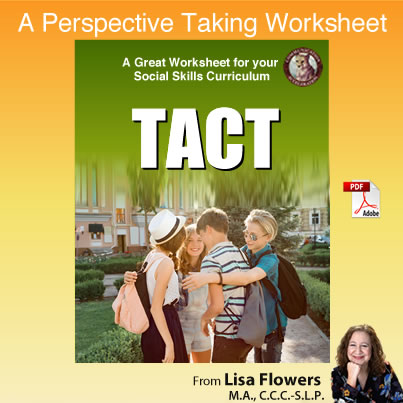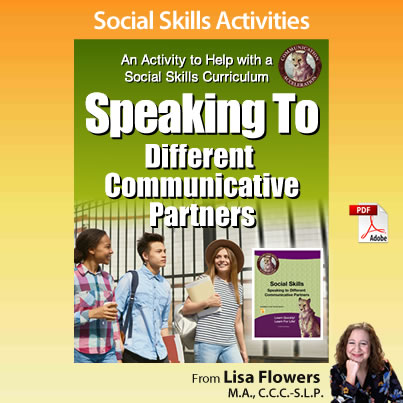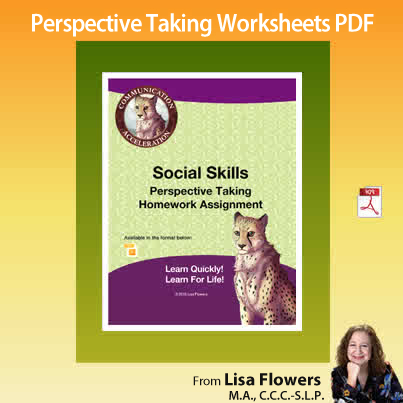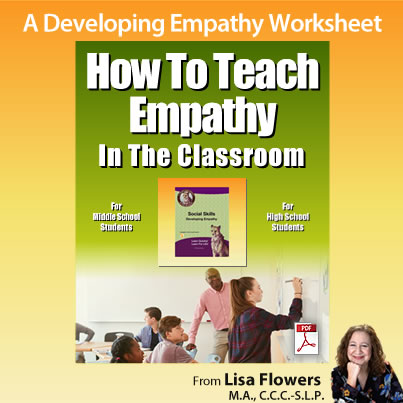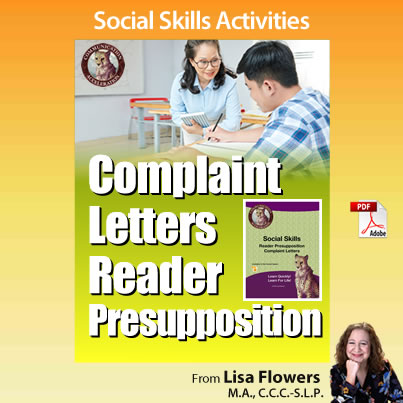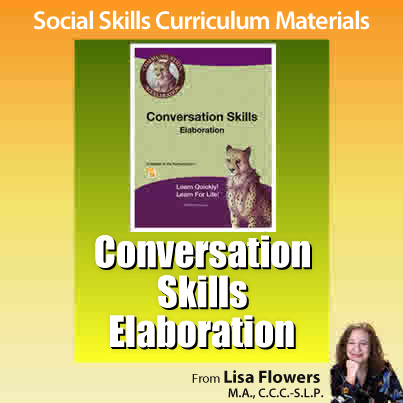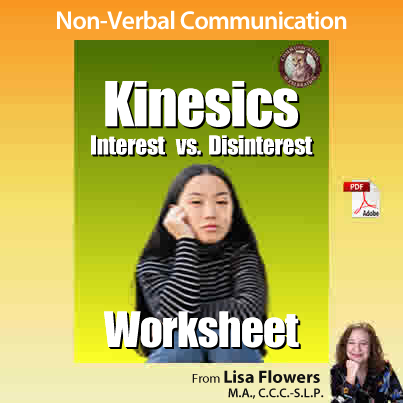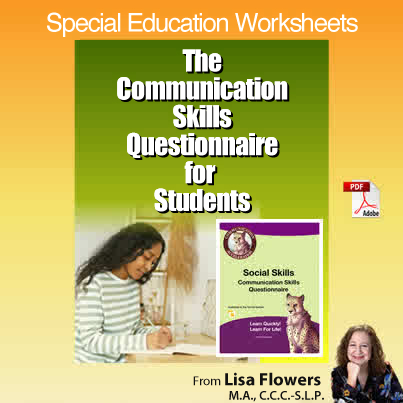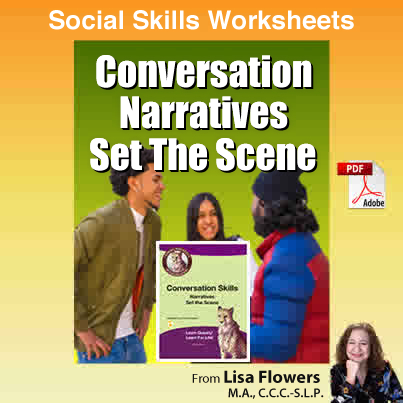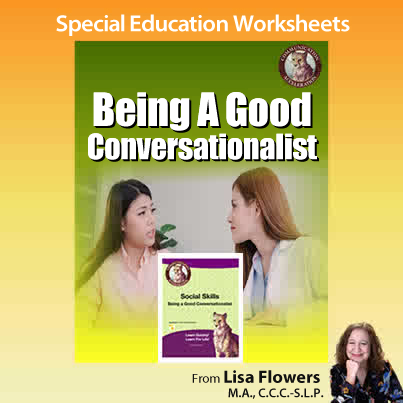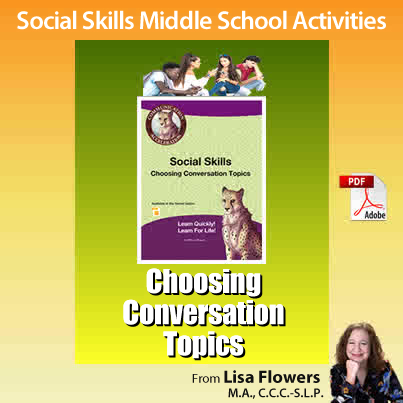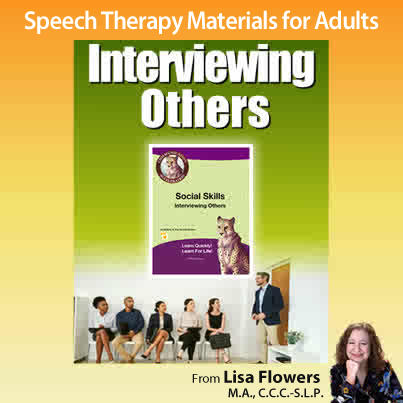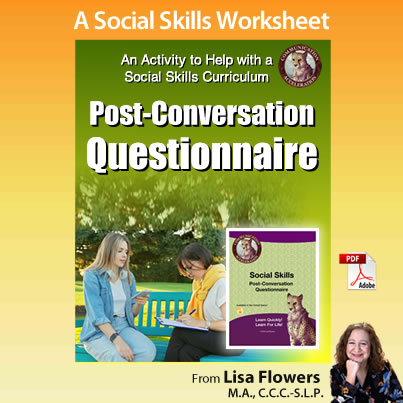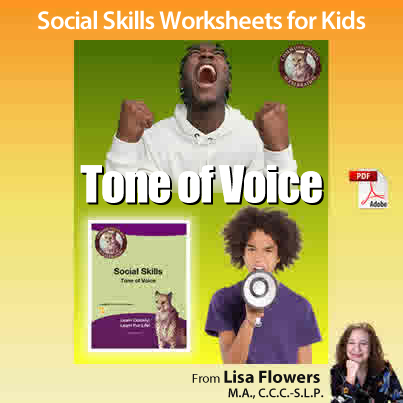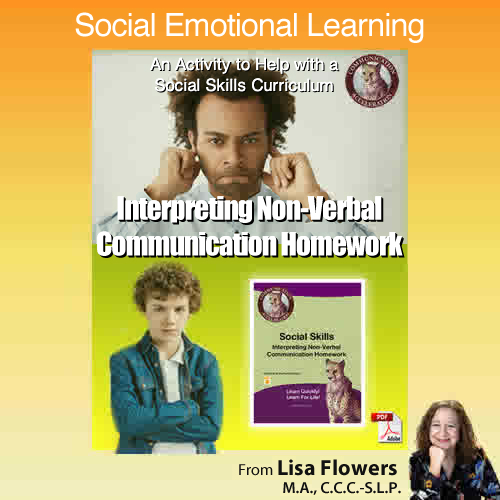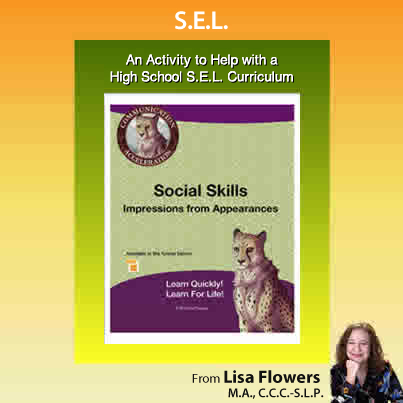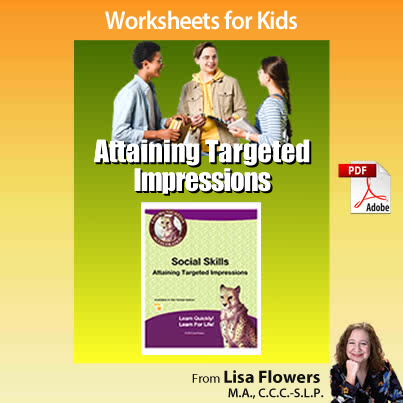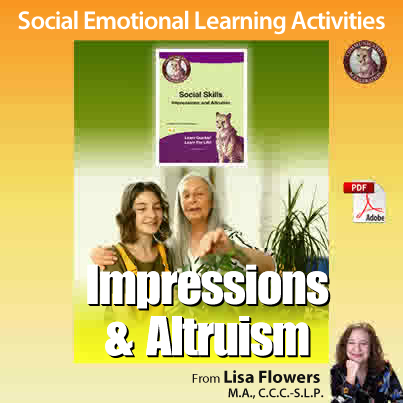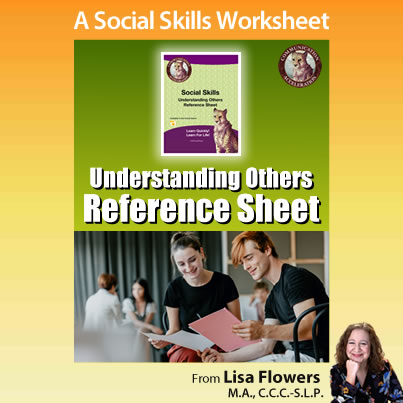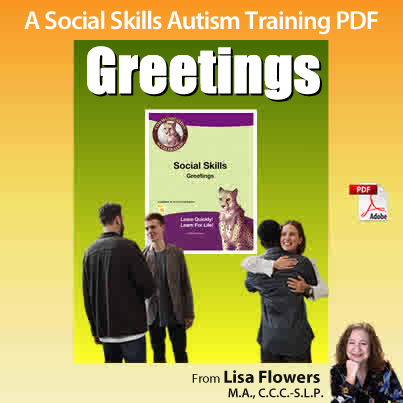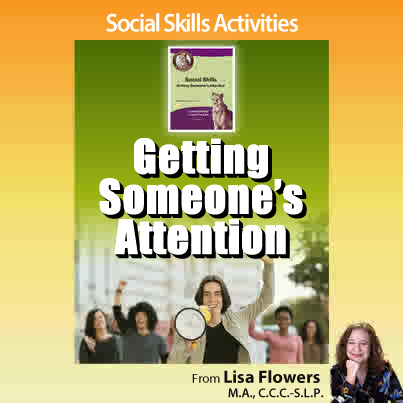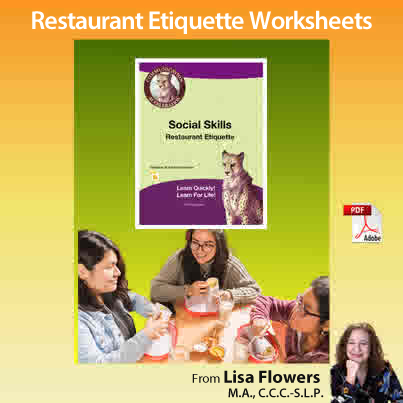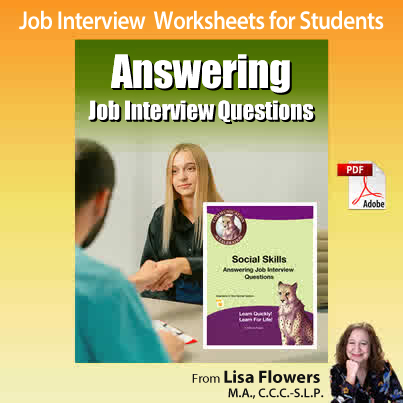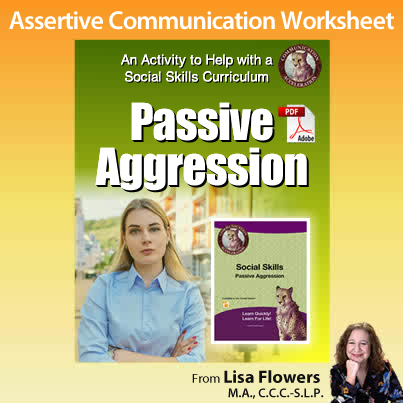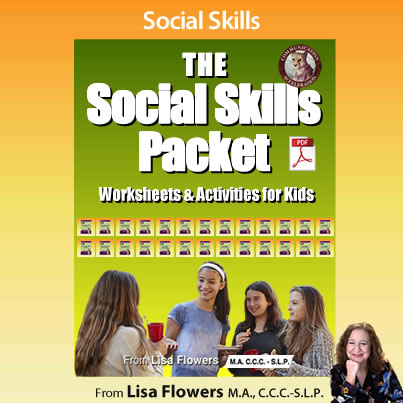Social Skills - Choosing Conversation Topics
Social Skills / Choosing Conversation Topics
Choosing Conversation Topics
Watch the video to learn more
Click here for video transcription and ADA compliant audio for the video above
Choosing Conversation Topics
This activity helps students understand what makes a topic good, and gives them practice at deciding what topics are good for the activity's specific participants.
Choosing Conversation Topics
See the audio transcription below:
Welcome to my Choosing Conversation Topics activity. Check out this excerpt from the training video I did for the New York City Department of Education. The next activity is Choosing Conversation Topics. When I speak to my students about what skills they'd like to work on or what they feel they're struggling with, very commonly I'll get the answer that they have a hard time choosing conversational topics. They don't know what topics are good topics. So, what makes a topic good? I came up with three attributes of a good topic. One is that it's interesting to all the people in the conversation, that it's common, meaning all the people in the conversation know about it and would have something to say about it and hopefully can participate, and three, that it's appropriate, which basically, boils down to don't talk sex, drugs or politics. So, what happens is we look at a number of common topics: movies, television, school, work, weather, sports, and for each one we have our own checklist. We each have our own checklist and we check off, we go through the topics, one at a time and we all check off if we find it interesting, if we know something about it, and if we think it's appropriate. And when we finish, what we have left over to look at is which topics remain that got checks across the board on everyone's checklist. Thanks for viewing my description of this activity. If you like what you've seen here, please click and subscribe to my channel. I'm not exactly sure what that means, but my web guy told me it's a thing!
Get Great Social Skills Worksheets to add to your Social Emotional Learning Curriculum!
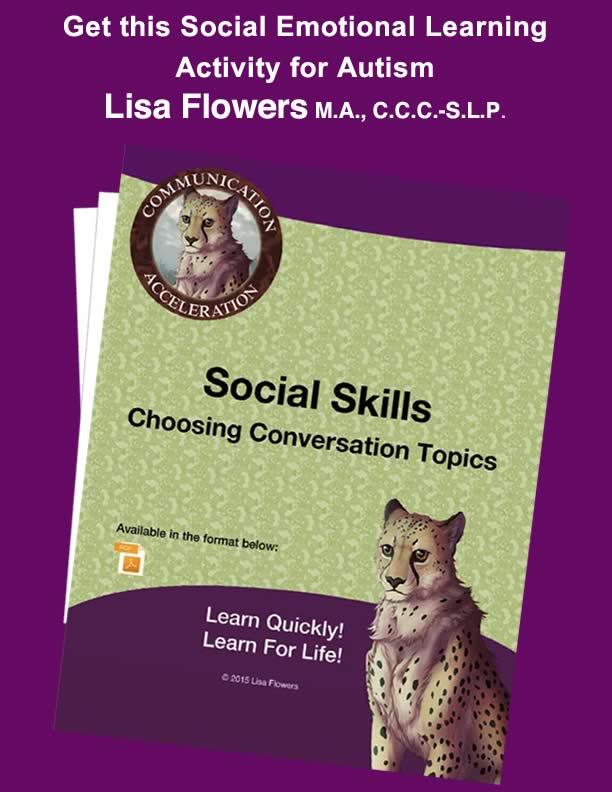
Choosing Conversation Topics
Many individuals (both neurodivergent and neurotypical alike) worry about keeping conversations going and how to select good topics for enthusiastic discussion; this activity demonstrates how to select appropriate, interesting, and relatable topics while emphasizing the vital tenets of good topics and showing how sustaining conversations requires informed choices.
A good topic of conversation involves three main tenets: the participants should find it appropriate (i.e., inoffensive), interesting, and relatable. A notable exception therein is when one participant is informing the others about a topic on which they are more well-versed or if they are telling a story. The context of with whom you're speaking and where the conversation is taking place can also provide exceptions. This handout can act as a checklist. First, the educator and student alike fill out the handout, going through each topic and marking whether or not they find a topic interesting, whether or not the topic is relatable, and whether or not it's an appropriate topic to discuss within their specific group. Good topics (i.e., those used for conversation) are those receiving checks across the board on every participant's handout.
More Social Skills Worksheets & Activities From The Package
These social skills worksheets and activities for individuals with Autism and Social Pragmatic Communication Disorders target a variety of social skills, including the development of empathy, perspective taking, kinesics, listener/reader presupposition, and conversational skills.
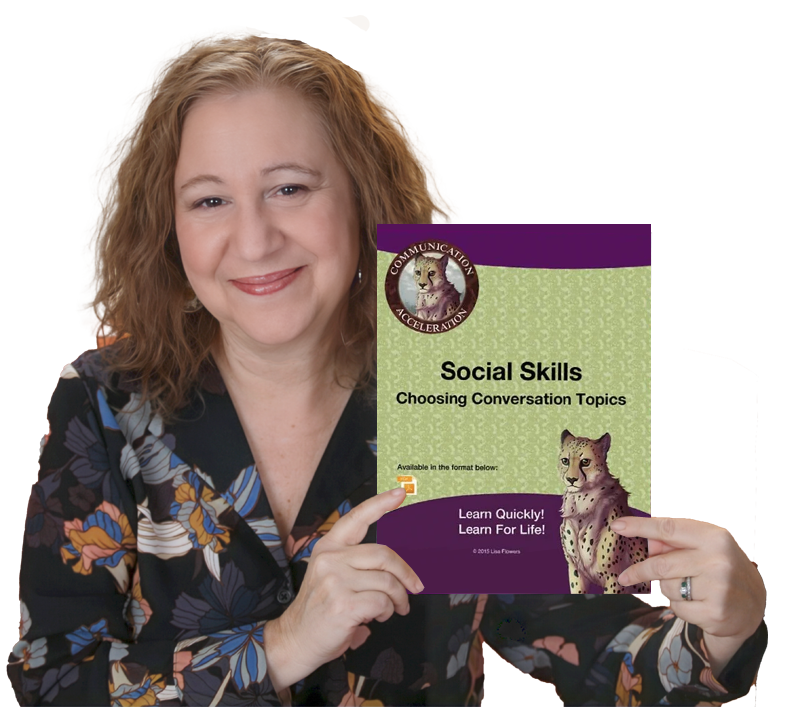

Search Another Way
Get Social Skills
Packet
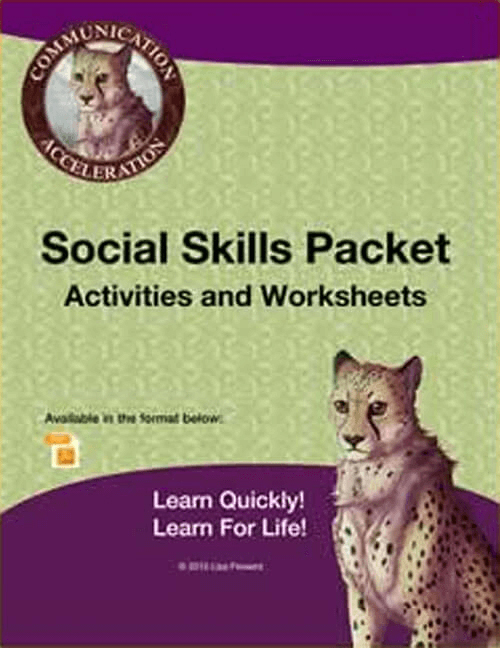
A collection of 28 social skills worksheets and activities that cover conversation skills, kinesics, perspective taking, development of empathy, and real-world communication.
Get 52 Lessons & Activities
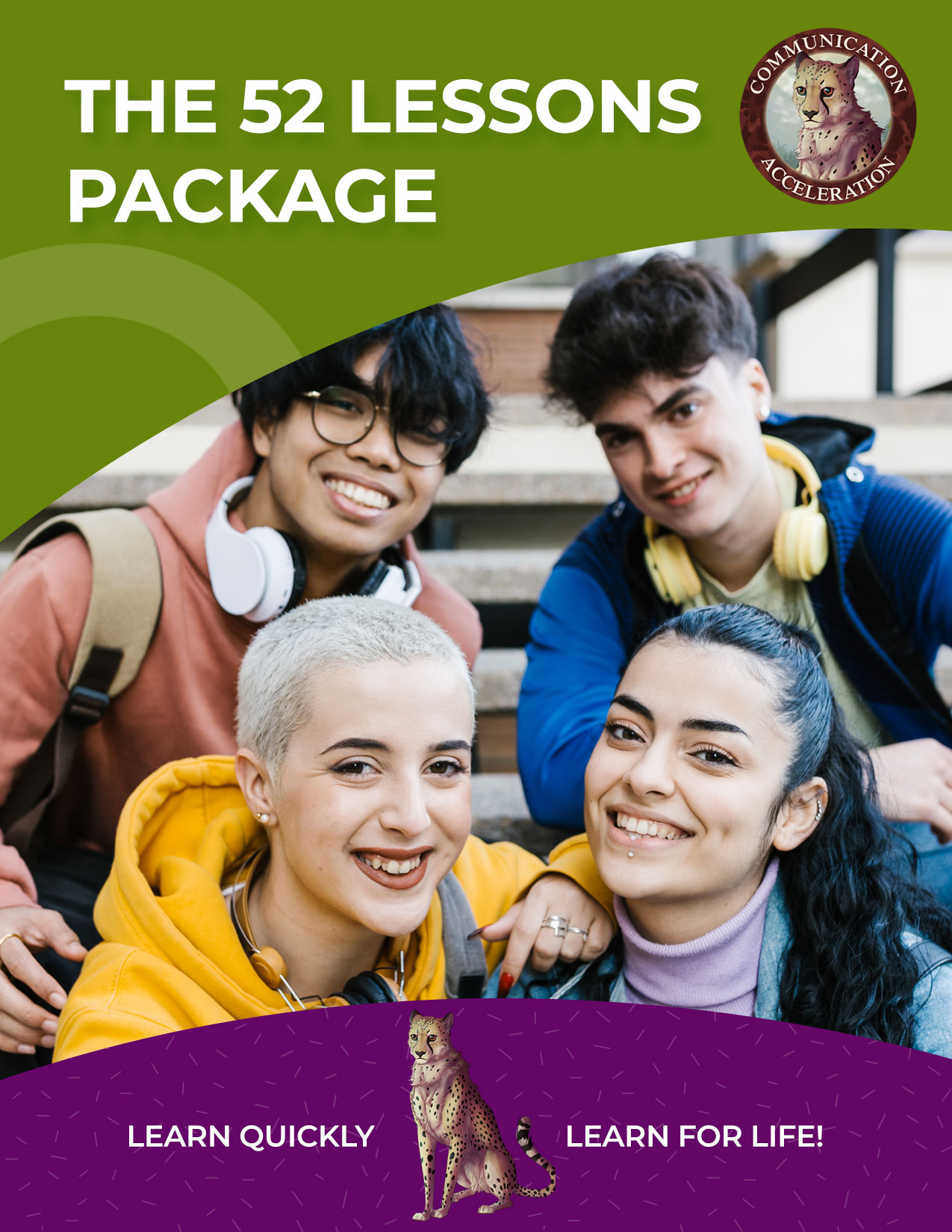
A collection of 52 language and communication worksheets and activities that cover a plethora of reading comprehension, writing, grammar, and social communication skills.
